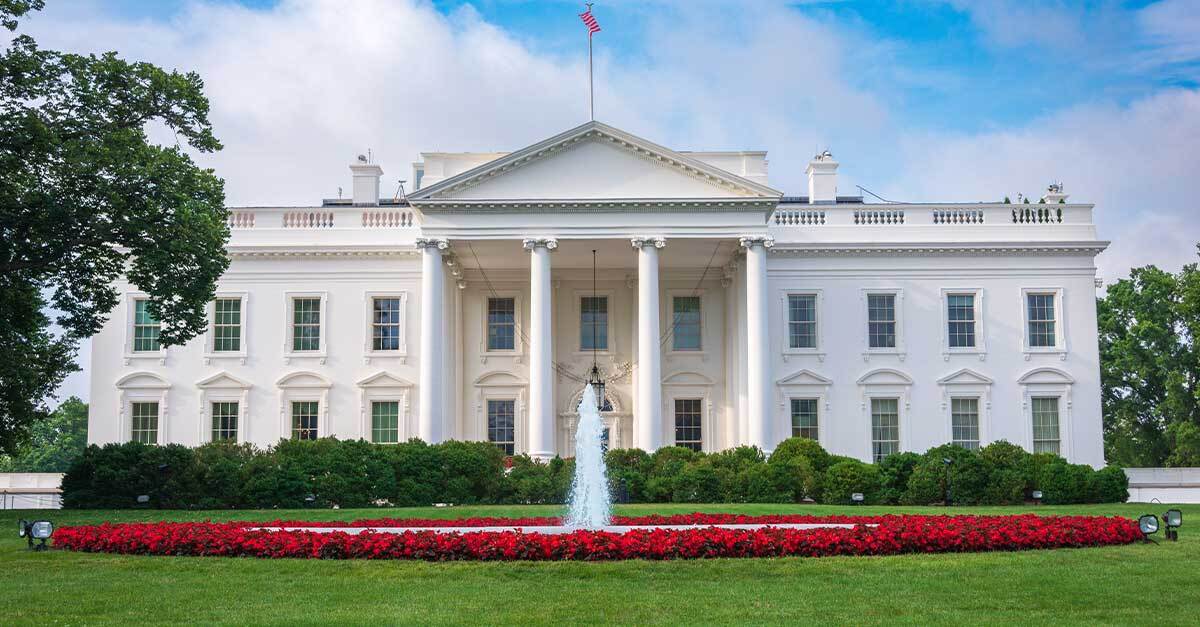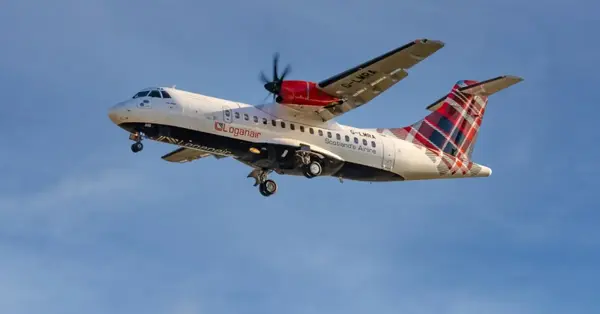You are viewing 1 of your 2 free articles
Analysis: Easter getaway defies global economic turmoil
Uncertainty for sector relates mostly to future seasons, says Ian Taylor
Abta estimated 2.2 million UK holidaymakers headed abroad over a busy Easter weekend, marking a 10% increase on a year ago and suggesting little impact on leisure travel from the market turmoil and deteriorating economic forecasts triggered by President Trump.
Stock markets soared when Trump was re-elected in November but are now subject to the whiplash impacts of one White House policy announcement after another.
Deloitte UK chief economist Ian Stewart last week described markets as “edgy” and Bank of England deputy governor Sara Breeden summarised the effect of US trade policy on business as “chilling”.
More: Analysis: Easter dates explain fall in UK arrivals to the US
Travel agents report dip in US demand
In so far as Trump and those around him have a coherent strategy, it is to renegotiate the relationship between the US and its allies and decouple the US from China’s economy. The way they have gone about it risks the stability of the international monetary system underpinned by the dollar.
As The Economist magazine noted last week, the dollar “is meant to be a source of safety” and American assets “the keystones of global finance”. Instead, they have become “a cause of fear”, triggering “upheaval that pushes the financial system into the unknown”.
Travel can’t escape the fallout, although the impacts won’t all be one way. A weakening dollar – the pound was valued at $1.34 on Tuesday – could stimulate demand for the US, and a falling oil price could lower fares by winter as airline fuel hedging unwinds.
Increasing evidence of a collapse in the Canadian travel market to the US – the country’s biggest source of visitors – could bring down hotel rates. Indeed, The Washington Post reported last week: “Travel to the US from almost everywhere is falling.”
However, none of these factors could wholly counter the impact of an economic downturn.
Business sentiment generally runs in advance of consumer confidence so a Guild of Business Travel Association (GBTA) poll, conducted between March 31 and April 8, is worth noting. It suggested a sea change in corporate travel sentiment.
The proportion of GBTA members optimistic about the outlook had more than halved since November, from 67% to 31%, and up to 20% of respondents reported cancelling or considering cancelling attendance at meetings or events in the US.
Airline chiefs are already warning tariffs could affect aircraft deliveries, exacerbating delivery delays and capacity constraints.
Ryanair chief executive Michael O’Leary warned last week of “every likelihood we may delay the delivery” of 25 Boeing aircraft due from August. Delta Air Lines chief Ed Bastian similarly warned “we will not be paying any tariffs” on Airbus aircraft due this year.
Deliveries can’t be delayed indefinitely, of course. They must be fulfilled or cancelled, with costs attached either way which will ultimately fall on passengers.
It should be a relief then that this summer’s bookings are so far advanced and that most of the uncertainty relates to the seasons ahead.


















